The education and skills programme aims to bring a broader range of people into the conversation about new technologies through interactive workshops, hands-on activities and online resources.

|
Scooped by
Judy Curtis / SIPR
onto Smart Cities & The Internet of Things (IoT) March 4, 2022 2:49 PM
|


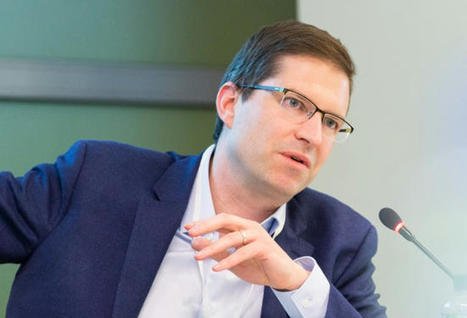


 Your new post is loading...
Your new post is loading...
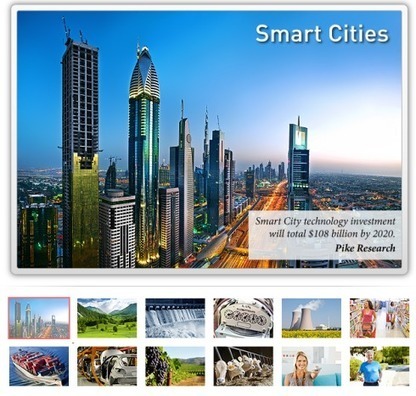



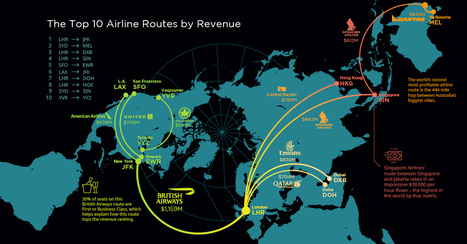

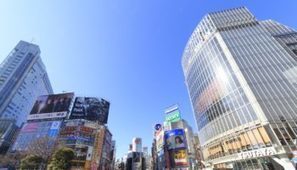
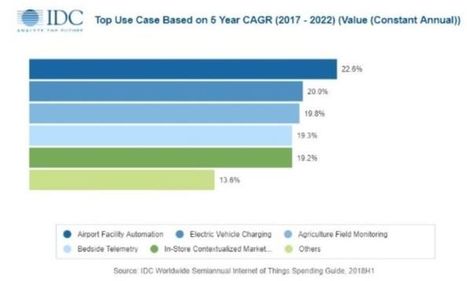
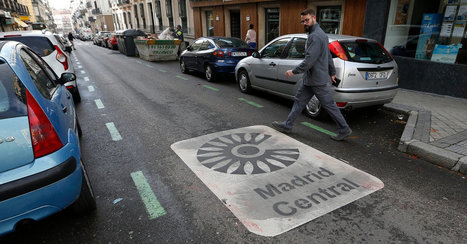
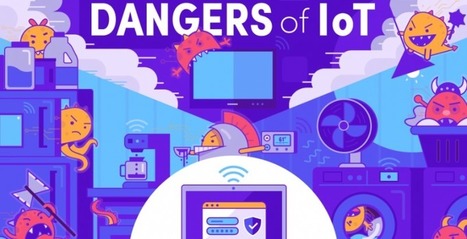




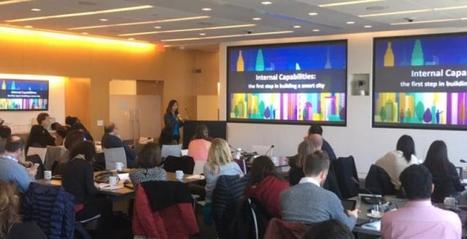
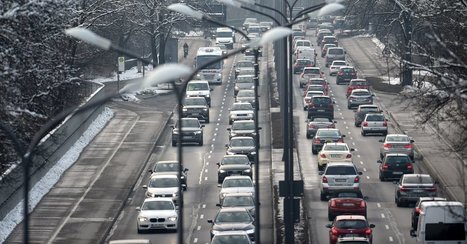

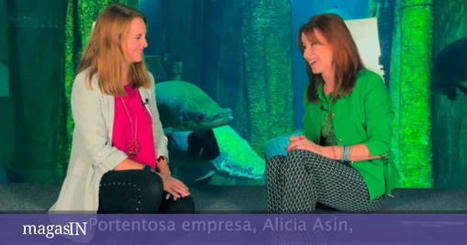

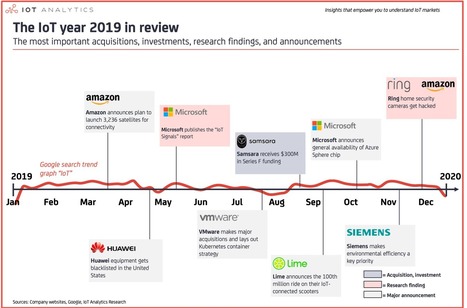
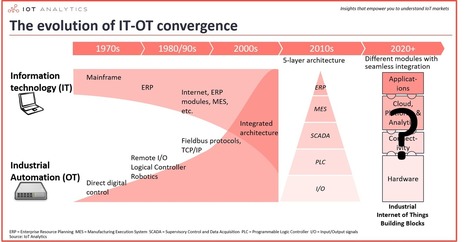
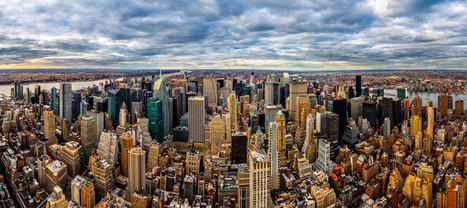
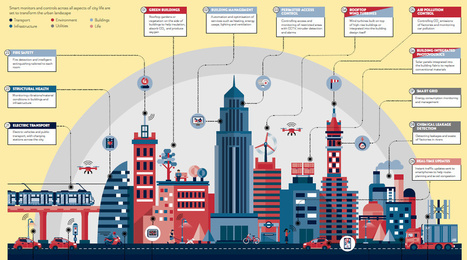


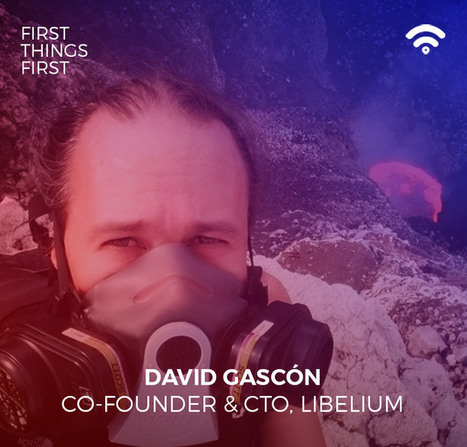


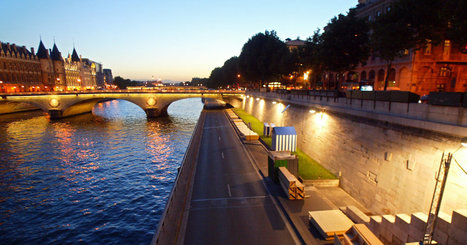








Dublin has a range of cutting-edge technology projects underway, but the one that Smart City Program Manager Jamie Cudden is particularly excited about is the Academy of the Near Future.
The education and skills programme, a collaboration between CONNECT at Trinity College Dublin, Dublin City Council and the Smart Docklands testbed, aims to bring a broader range of people into the conversation about new technologies through interactive workshops, hands-on activities and online resources.
“There’s all this technology and it’s moving so fast, but we need to educate people in the public sector and citizens about the potential of these technologies, what the risks are and how we can make the most of new tools,” Cudden says.
While there are a growing number of academic courses about smart cities and data, Cudden saw a gap for practical sessions based on real-life implementations and experience. Through the Academy, local authority staff and secondary school students get the chance to see sensors in action, understand how they work and prototype their own solutions.